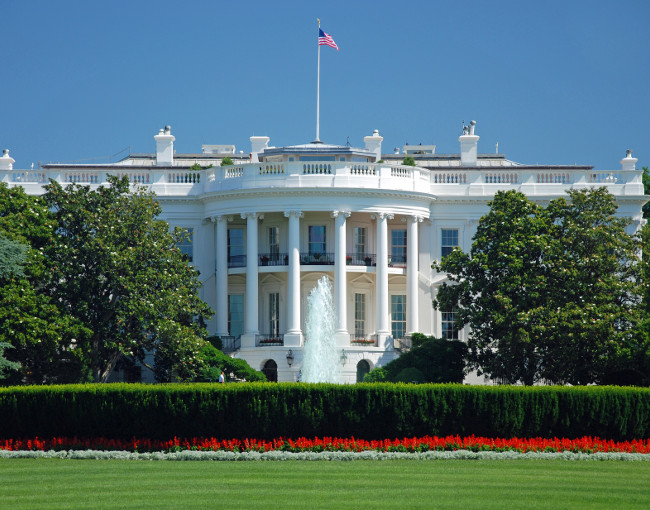The session of Congress following Election Day and prior to the swearing-in of newly-elected members on January 3.
We Belong Together
The term "lame duck" arose in 1700s Britain to refer to bankrupt businessmen who had their financial "wings" cut off. The term later spread to the United States in the 1830s to describe "politically bankrupt" politicians. Lame duck legislative sessions comprise some members who have retired or lost reelection but have not yet finished their term, so there is no accountability to voters for their actions. In the early days of the Republic, Congress reconvened in December after Election Day and recessed in March. As a result, lame duck sessions during these years were protracted, lasting for nearly four months. The 20th Amendment, ratified in 1933, shortened this period to roughly six weeks by requiring each new Congress to convene on January 3 of every other year.
I'll Be There
Despite diminished accountability - and sometimes because of it - lame duck sessions can often produce historic legislation. For example, expanding conscription during World War II, ordering the 1954 censuring of Senator McCarthy, and completing legislation sidelined by the Watergate scandal all occurred during lame ducks. More recently, lame duck Congresses impeached President Clinton, created the Department of Homeland Security, and approved the auto bailouts during the Great Recession. In 2010, the Democratic-controlled lame duck Congress passed a repeal of "Don't Ask, Don't Tell," and the Senate ratified a new nuclear arms control treaty and confirmed 19 federal judges, before relinquishing control of the House to a new Republican majority.
All I Want for Christmas Is You
Prior to the recent election, and predicated upon the now-inaccurate expectation that Republicans would lose the Senate and Secretary Clinton would be elected president, many predicted that the current lame duck Congress would ratify the Trans-Pacific Partnership, and the Senate would confirm Judge Garland to the Supreme Court. Instead, Republicans have been emboldened by clinching both the White House and the Senate. Congress is now expected to pass another stopgap funding measure to further delay 2017 appropriations well into next year so that the funding bill will be signed by then-President Trump, thus ending a dramatic year in American politics with a whimper.
Happy Holidays from Thompson Coburn Lobbying & Policy!





